Disclosure: This article contains affiliate links. We may earn a commission from purchases at no extra cost to you, which helps our travel content.
Standing barefoot on the rust-colored earth of Manzini, surrounded by the rhythmic stomping of hundreds of dancers adorned in vibrant traditional attire, I realized I was experiencing something few Western travelers ever witness. The Kingdom of Eswatini (formerly Swaziland) may be Africa's smallest nation, but its cultural traditions remain among the continent's most powerful and intact. This landlocked gem between South Africa and Mozambique has become my unexpected obsession since my first visit three years ago. As someone who's spent years documenting lakeside retreats and luxury destinations, the raw authenticity of Eswatini's ceremonies provided a profound counterpoint to my usual travels. This guide represents my journey through Manzini—the cultural heartbeat of a nation where tradition isn't a performance for tourists but a living, breathing way of life.
Understanding Eswatini's Cultural Landscape
Eswatini remains one of Africa's last absolute monarchies, where traditional governance structures operate alongside modern systems. This unique position has preserved cultural practices that might otherwise have faded in neighboring countries.
My journey began with essential research—I highly recommend bringing along the comprehensive Africa guidebook which provided invaluable context about Eswatini's complex royal lineage and ceremonial calendar. While online resources exist, having offline reference material proved crucial in remote areas with limited connectivity.
Eswatini's cultural identity centers around the monarchy, with King Mswati III serving as both political leader and spiritual figurehead. The nation's calendar revolves around major ceremonies that celebrate harvests, ancestral connections, and royal milestones. What makes these events remarkable is their authenticity—unlike choreographed tourist performances I've witnessed elsewhere in Africa, Eswatini's ceremonies serve primarily as community gatherings with deep spiritual significance.
Manzini, the country's largest urban center, functions as the perfect base for cultural exploration. While Mbabane is the capital, Manzini offers better access to traditional homesteads and ceremonial grounds. The city itself blends colonial architecture with modern developments, creating fascinating contrasts between traditional practices and contemporary life.

💡 Pro Tips
- Learn basic siSwati greetings before arrival—locals deeply appreciate the effort
- Respect photography restrictions at ceremonies—always ask permission before taking photos
- Visit the Manzini Cultural Village for orientation before attending actual ceremonies
Incwala: The Sacred Kingship Ceremony
Of all Eswatini's cultural events, the Incwala (sometimes called the 'Ceremony of Kingship' or 'First Fruits Festival') stands as the most sacred and profound. Occurring in December or January depending on lunar cycles, this multi-day ceremony centers around the king but involves the entire nation in a ritual of renewal.
My first Incwala experience came after careful planning and respectful networking. As this ceremony holds deep religious significance, foreign visitors must approach with appropriate reverence. I connected with a local cultural guide through the Eswatini Tourism Authority who helped navigate the complex protocols.
The main ceremony takes place at the royal residence in Lobamba (easily accessible from Manzini), where thousands gather to witness the king's ritual tasting of the first harvest. Warriors dressed in traditional regalia perform intense dance sequences that build to a mesmerizing crescendo. The air fills with dust kicked up by stomping feet, the scent of traditional medicines, and the powerful harmonies of ancient songs.
What struck me most was the ceremony's authenticity—this wasn't staged for tourists but would happen regardless of outside observers. While photography is strictly controlled, the mental images remain among my most treasured travel memories.
Preparing for the heat and duration is essential. I relied heavily on my insulated water bottle which kept water cool throughout the long day under the African sun. Proper hydration is non-negotiable during these extended ceremonies.

💡 Pro Tips
- Dress modestly with covered shoulders and knees as a sign of respect
- Bring a small cushion or mat for comfort during long observation periods
- Follow your guide's instructions precisely regarding where to stand and when to move
Umhlanga: The Reed Dance Ceremony
If Incwala represents Eswatini's most sacred ceremony, the Umhlanga (Reed Dance) stands as its most visually spectacular. Held annually in August/September, this eight-day event brings together thousands of unmarried young women to honor the Queen Mother.
The ceremony centers around maidens gathering reeds to reinforce the Queen Mother's residence—a symbolic act representing their purity and dedication to the monarchy. The culmination features thousands of women in colorful traditional attire performing synchronized dances before the royal family.
As a male observer, I was particularly conscious of maintaining appropriate distance and respect. The ceremony isn't primarily a tourist attraction but a significant cultural institution. That said, international visitors are welcomed to observe the public portions from designated areas.
The visual impact of thousands of women in traditional beaded attire moving in unison creates one of Africa's most photogenic cultural spectacles. For photographers, this presents both opportunity and responsibility. I captured stunning images using my telephoto zoom lens which allowed respectful distance while still documenting the intricate details of costumes and expressions.
What many visitors don't realize is that beyond the main ceremony lies a week of smaller rituals and community gatherings. By staying in Manzini for the full duration, I witnessed the preparation phases and gained deeper insight into the ceremony's significance beyond the tourist-facing elements.
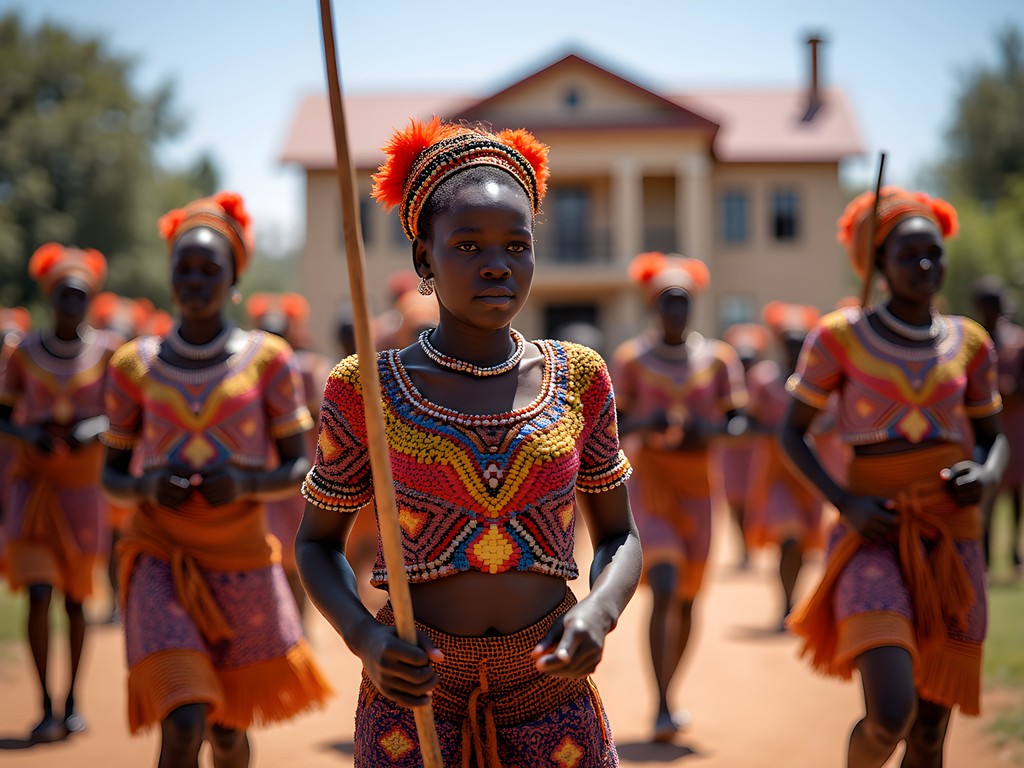
💡 Pro Tips
- Book accommodation well in advance as Manzini fills quickly during Umhlanga
- Respect the privacy of participants—focus photography on public performances only
- Consider hiring a female cultural guide who can provide deeper context about women's traditions
Engaging With Local Communities Beyond Ceremonies
While Eswatini's major ceremonies provide spectacular windows into traditional culture, some of my most meaningful experiences came through quieter interactions with local communities around Manzini.
The rural homesteads surrounding the city maintain traditional lifestyles largely unchanged for generations. Through connections made at my guesthouse, I arranged visits to several communities where I participated in daily activities from grinding maize to learning traditional crafts.
The Mantenga Cultural Village offers structured experiences for those with limited time, but I recommend seeking more authentic exchanges through community tourism initiatives. The Shewula Mountain Camp, though a drive from Manzini, provides immersive stays with local families where visitors can experience traditional cooking, storytelling, and music without the performative aspects.
I spent two unforgettable days learning traditional basket weaving techniques from master artisans in a village outside Manzini. The intricate patterns and techniques have been passed through generations, with each family maintaining distinctive styles. I documented this experience using my compact camera which allowed for unobtrusive photography while capturing the fine details of the craftwork.
Food plays a central role in Swazi culture, and participating in meal preparation offered insights impossible to gain as a passive observer. The communal cooking of traditional dishes like sitfubi (maize porridge) and sidvudvu (pumpkin-maize porridge) became impromptu language lessons and cultural exchanges that transcended typical tourist experiences.
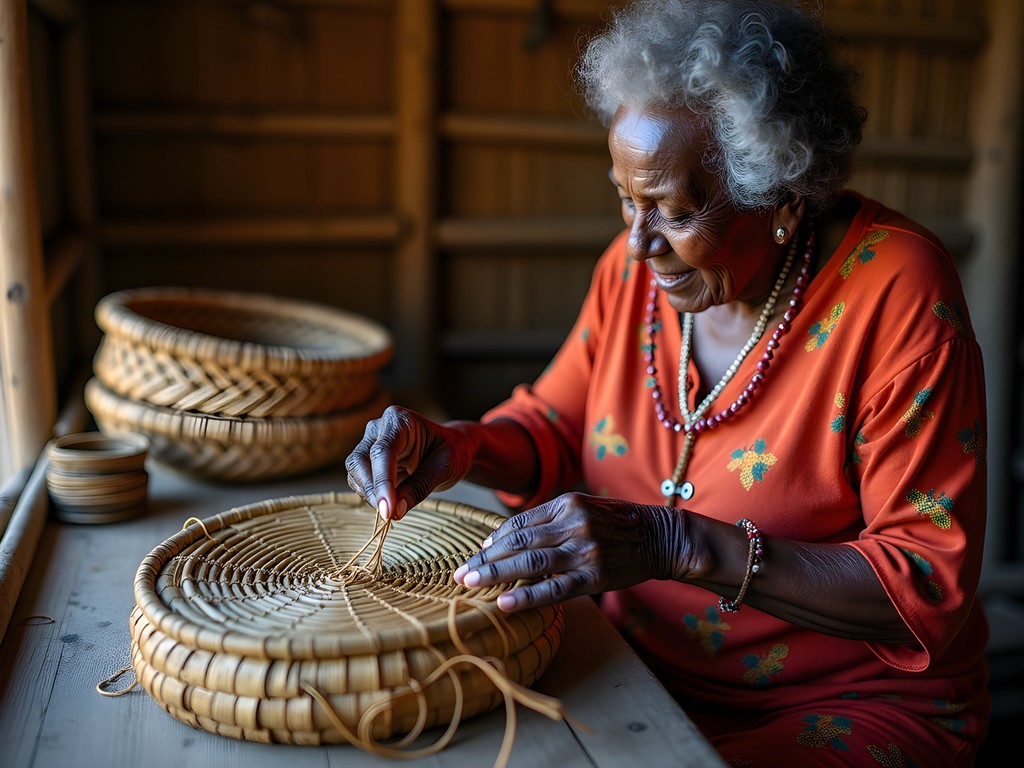
💡 Pro Tips
- Bring small, thoughtful gifts for homestead hosts—school supplies for children are particularly appreciated
- Learn to eat traditional food with your hands—the proper technique shows respect
- Allow plenty of unscheduled time for spontaneous community interactions
Navigating Cultural Etiquette and Respect
Meaningful cultural immersion in Eswatini demands careful attention to traditional protocols and etiquette. As someone who's navigated both luxury European settings and traditional African contexts, I've found that showing genuine respect opens doors to authentic experiences regardless of setting.
Dress codes matter significantly in Eswatini. For ceremonies and community visits, modest attire is essential—shoulders and knees should be covered regardless of heat. Women should pack long skirts, and men should avoid shorts in formal settings. I always travel with a lightweight travel scarf which served multiple purposes from sun protection to impromptu shoulder covering when entering more conservative spaces.
Language efforts go remarkably far in Eswatini. Learning even basic siSwati greetings transformed my interactions, shifting from being perceived as a tourist to being welcomed as a respectful visitor. The traditional greeting "Sawubona" (I see you) and response "Yebo" (Yes) acknowledges the humanity in each person and sets a foundation for meaningful exchange.
Hierarchy and royalty require specific protocols. When discussing the king, always use honorifics and never turn your back to royal representatives. If attending ceremonies where royalty is present, observe locals for cues on appropriate behavior.
Gift-giving follows specific customs in Eswatini. When visiting homesteads or meeting community elders, small gifts are appreciated but should be presented with both hands as a sign of respect. Avoid giving money directly to individuals—instead, support community initiatives or purchase local crafts.
Perhaps most importantly, approach every interaction with genuine curiosity rather than extractive tourism. The questions you ask and the interest you show in daily life rather than just photogenic moments will determine the depth of your cultural experience.
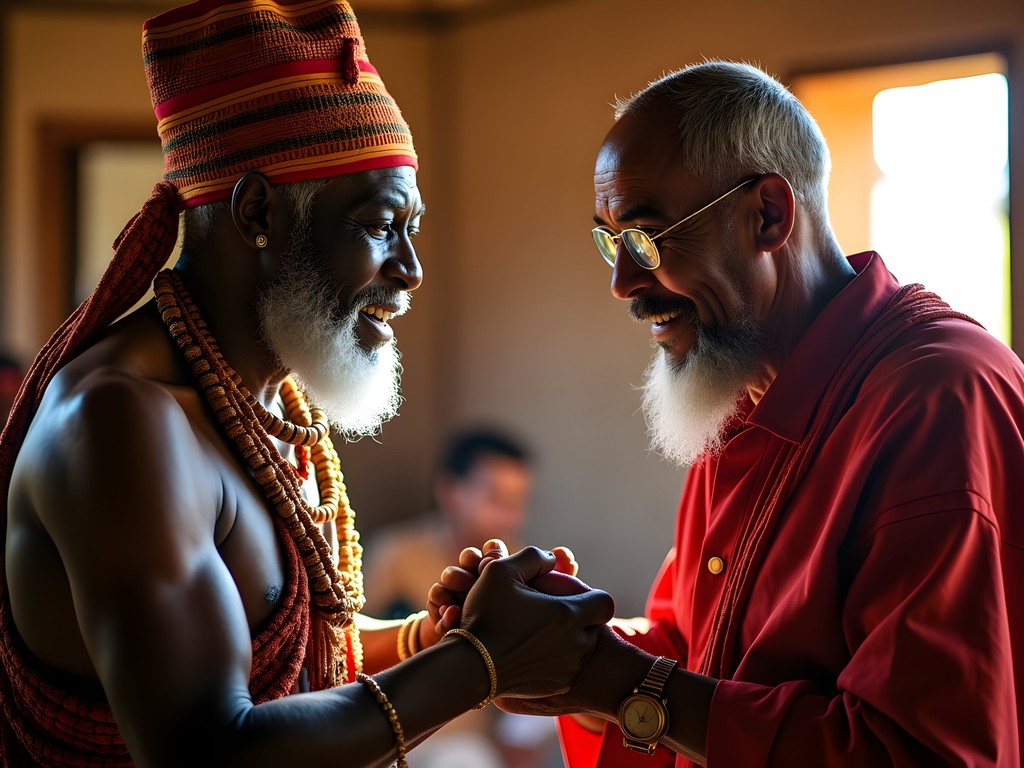
💡 Pro Tips
- Remove hats when greeting elders as a sign of respect
- Always ask permission before photographing individuals, especially during ceremonies
- When entering homesteads, wait to be invited to sit rather than choosing your own place
Final Thoughts
My week in Manzini revealed the profound depth of Eswatini's living cultural traditions—ceremonies not preserved as museum pieces but thriving as essential expressions of national identity. While luxury travel has its place (and remains my professional focus), these immersive cultural experiences provided something no five-star resort ever could: authentic human connection across profound differences. As tourism evolves post-pandemic, I believe more travelers will seek these meaningful exchanges over manufactured experiences. If you venture to this remarkable kingdom, approach with genuine respect, open curiosity, and the patience to let relationships unfold naturally. Eswatini's cultural wealth lies not just in its spectacular ceremonies but in the daily rhythms and generosity of its people. The kingdom has forever changed how I approach cultural travel—reminding me that the most valuable souvenirs are the stories and connections we bring home.
✨ Key Takeaways
- Research ceremonial calendars carefully—timing your visit to coincide with major events requires advance planning
- Respect is your most valuable currency—cultural sensitivity opens doors to authentic experiences
- Connect with local guides through official tourism channels for appropriate ceremonial access
- Look beyond the main ceremonies to everyday cultural exchanges in communities
- Support ethical tourism initiatives that benefit local communities directly
📋 Practical Information
Best Time to Visit
August-September for Umhlanga; December-January for Incwala; April-May for pleasant weather without major ceremonies
Budget Estimate
$75-150 per day including mid-range accommodation, local transportation, guides, and meals
Recommended Duration
Minimum 7 days to experience both urban Manzini and rural communities
Difficulty Level
Moderate To Challenging Due To Cultural Navigation, Language Barriers, And Remote Locations
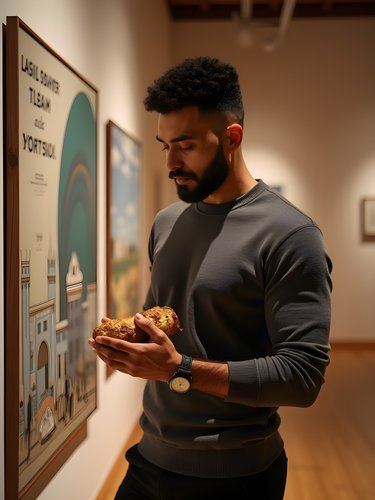
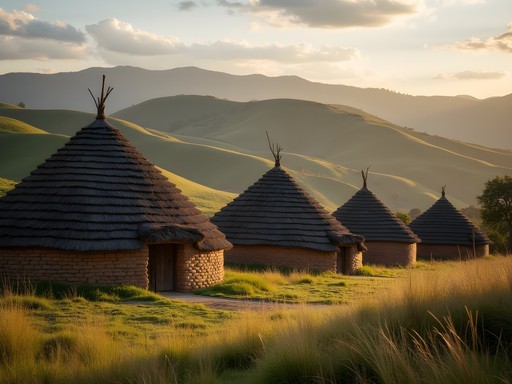
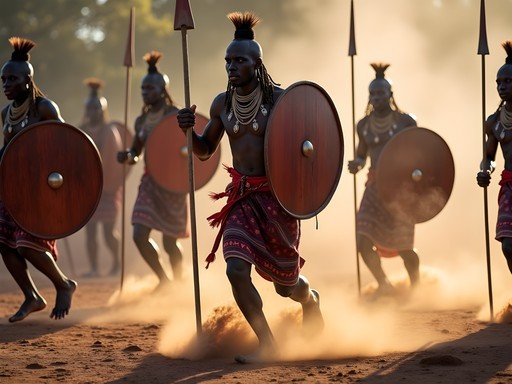
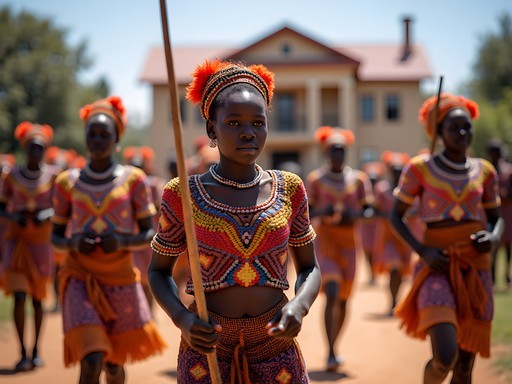
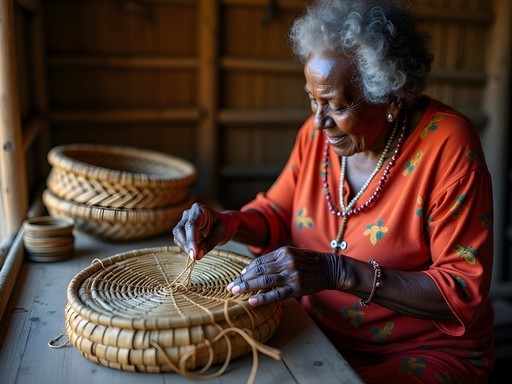
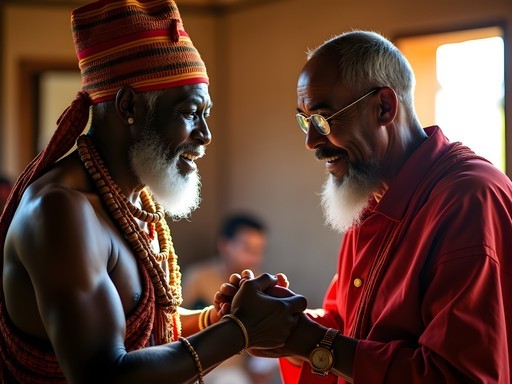


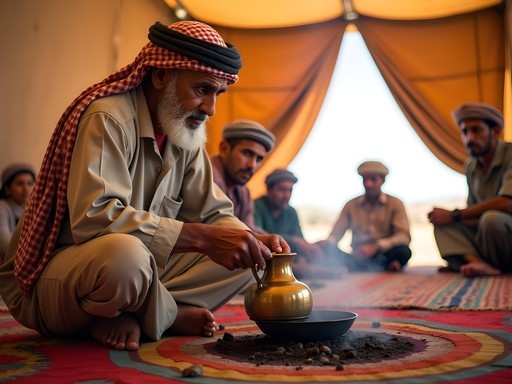
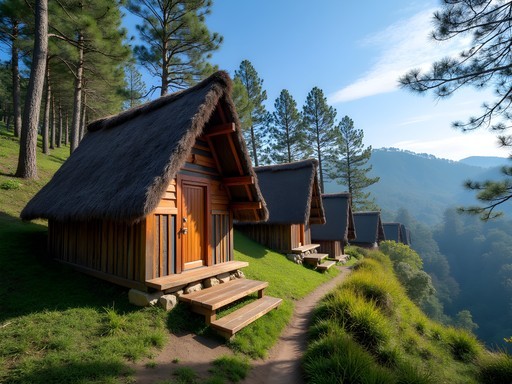
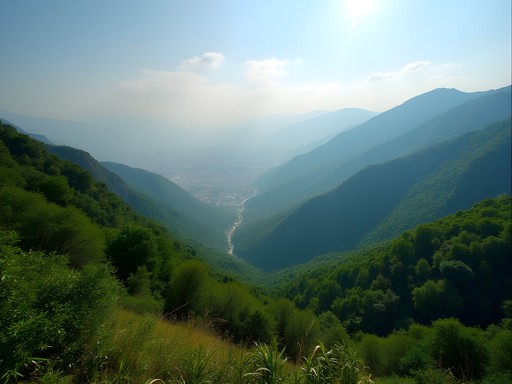

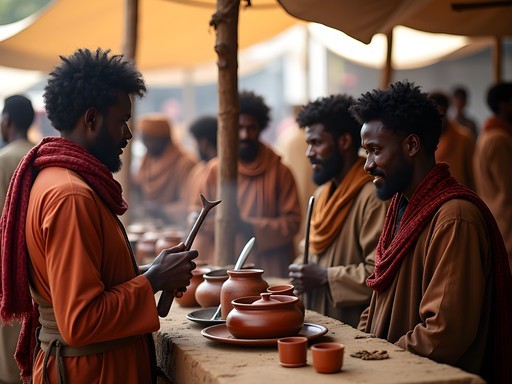


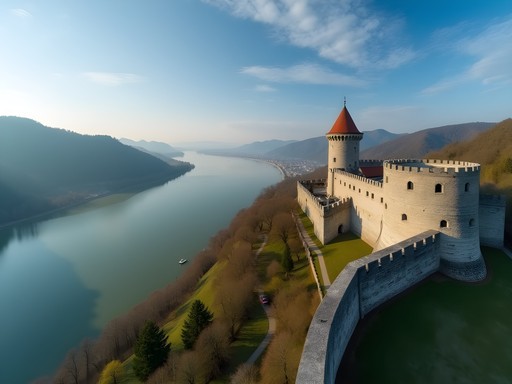
Comments
travel_with_purpose
If you're visiting Eswatini for cultural experiences, learn a few basic phrases in siSwati! Just saying 'Sawubona' (hello) and 'Ngiyabonga' (thank you) goes a long way with locals. They really appreciate the effort.
sunsetbackpacker
Thanks for the tip! Going to practice these before my trip.
wanderlust_dreams
How respectful is it for tourists to take photos during these ceremonies? I always worry about being intrusive.
Timothy Jenkins
Great question! For the public portions of ceremonies, photography is generally permitted, but always ask permission before photographing individuals up close. Some sacred parts of the Incwala are off-limits to photography entirely. Local guides will make this clear, so definitely follow their lead.
islandexplorer6452
Those photos are incredible! The colors of the traditional clothing are just stunning.
Fatima Sims
Your post brought back such vivid memories! I attended the Incwala ceremony three years ago and it was absolutely transformative. One thing I'd add for anyone planning to go - make sure you connect with a local guide who can explain the cultural significance of each ritual as it happens. Without that context, you might miss the deeper meaning. I stayed with a family in a homestead just outside Manzini and their insights made the experience so much richer. Also, don't forget to bring a wide-brimmed hat - the sun is intense during those hours of dancing and observation!
islandexplorer6452
Did you arrange the homestay beforehand or when you got there? Thinking about doing something similar.
Fatima Sims
I arranged it through a local tourism cooperative about a month before arriving. Much better than a hotel for truly understanding the culture!
sunsetbackpacker
This is amazing! I've been wanting to visit Eswatini for years. When exactly does the Umhlanga ceremony happen? Is it something you can plan a trip around or is it unpredictable?
Timothy Jenkins
Thanks for asking! The Umhlanga (Reed Dance) typically happens in late August or early September each year, but the exact dates are announced just a few weeks before. If you're planning a trip specifically for this, I'd recommend blocking out that time period and staying flexible. The ceremony lasts about 8 days with the main day being when the reeds are presented to the Queen Mother.
sunsetbackpacker
That's super helpful, thanks! Might try to plan something for next August then.
bluemaster
Those photos of the dancers are incredible! Are there any cultural taboos visitors should be aware of when attending these ceremonies? I'd hate to accidentally disrespect anyone if I visit.
Timothy Jenkins
Great question! Definitely dress modestly (shoulders and knees covered). Always ask before taking photos, especially of the royal family or ceremonial objects. Remove hats in formal settings. And if you're invited to participate in any way, removing shoes is often expected. Most importantly, follow the lead of locals - if they stand, you stand. If they're quiet, be quiet.
Nicole Russell
Adding to Timothy's excellent advice - bringing small gifts if you're invited to someone's home is appreciated (fruit or something for children works well). And don't use your left hand to give or receive items if possible!
bluemaster
Thanks to both of you! This is super helpful info that isn't in most guidebooks.
AdventureSeeker42
Just got back from Eswatini last month and can confirm everything Timothy wrote! One tip: bring a compact binoculars for the ceremonies - helps you see the intricate details of the costumes and expressions from a respectful distance. Also, don't miss the craft markets in Manzini - the woodcarving techniques are incredible and directly connected to the ceremonial traditions.
winterfan
Did you find English was widely spoken or should I learn some phrases in siSwati?
AdventureSeeker42
English is pretty common in tourist areas, but learning basic siSwati greetings goes a long way! People really appreciated when I tried, even if I butchered the pronunciation lol
Nicole Russell
This post brought back so many memories! I was lucky enough to witness the Reed Dance ceremony two years ago and it was absolutely mind-blowing. The sea of colorful traditional attire and the powerful unity of thousands of dancers moving in sync gave me chills. One tip I'd add for anyone planning to attend: make sure to connect with a local guide who can explain the cultural significance of each element as it's happening. I used this cultural guidebook which had excellent background info, but having someone explain things in real-time made the experience so much more meaningful. Also, Timothy, did you stay in Manzini proper or commute from Mbabane? I found accommodations in Manzini filled up quickly during ceremony times!
Timothy Jenkins
Thanks for sharing your experience, Nicole! I completely agree about having a local guide - it makes all the difference. I actually stayed at a small guesthouse about 15 minutes outside Manzini center. Booked it three months in advance based on a local recommendation, which was definitely necessary. The place was full of international photographers and journalists!
nomadpro
Great post Timothy! I'm planning a trip to southern Africa next year and wondering if there's a specific time when these ceremonies happen? Would love to time my visit to catch one of them!
Timothy Jenkins
Thanks! The Incwala usually takes place in December/January during the summer solstice, while Umhlanga (Reed Dance) happens in late August or September. The exact dates vary each year based on lunar cycles and royal decisions, so it's best to check with local tourism offices about 2-3 months before your planned visit.
nomadpro
Perfect, thanks for the info! Will definitely plan around those dates.
SarahT
Your photos capture the energy of the ceremonies so well! The colors are just stunning.
Venture X
Premium card with 2X miles, $300 travel credit, Priority Pass